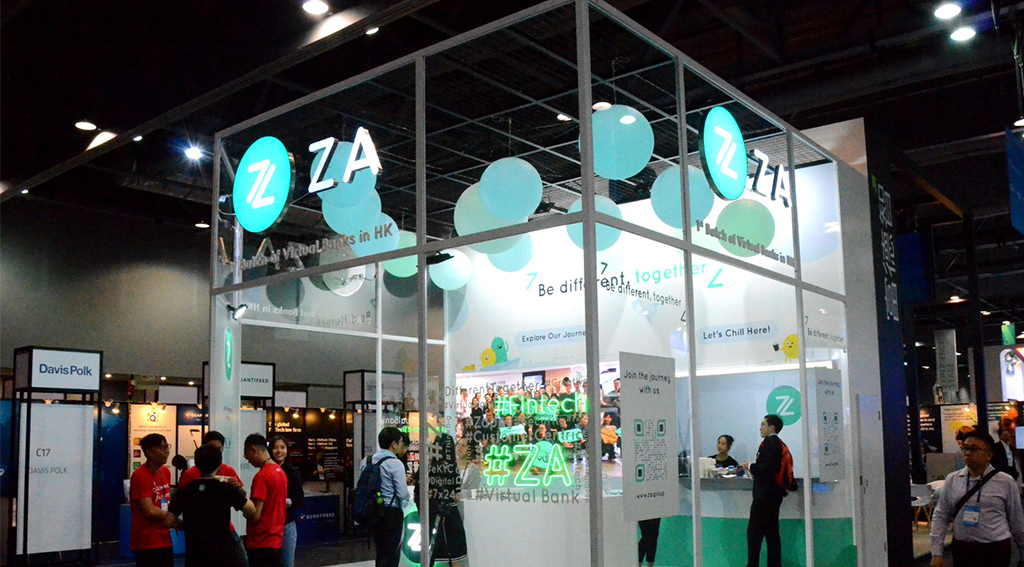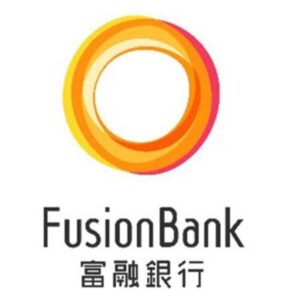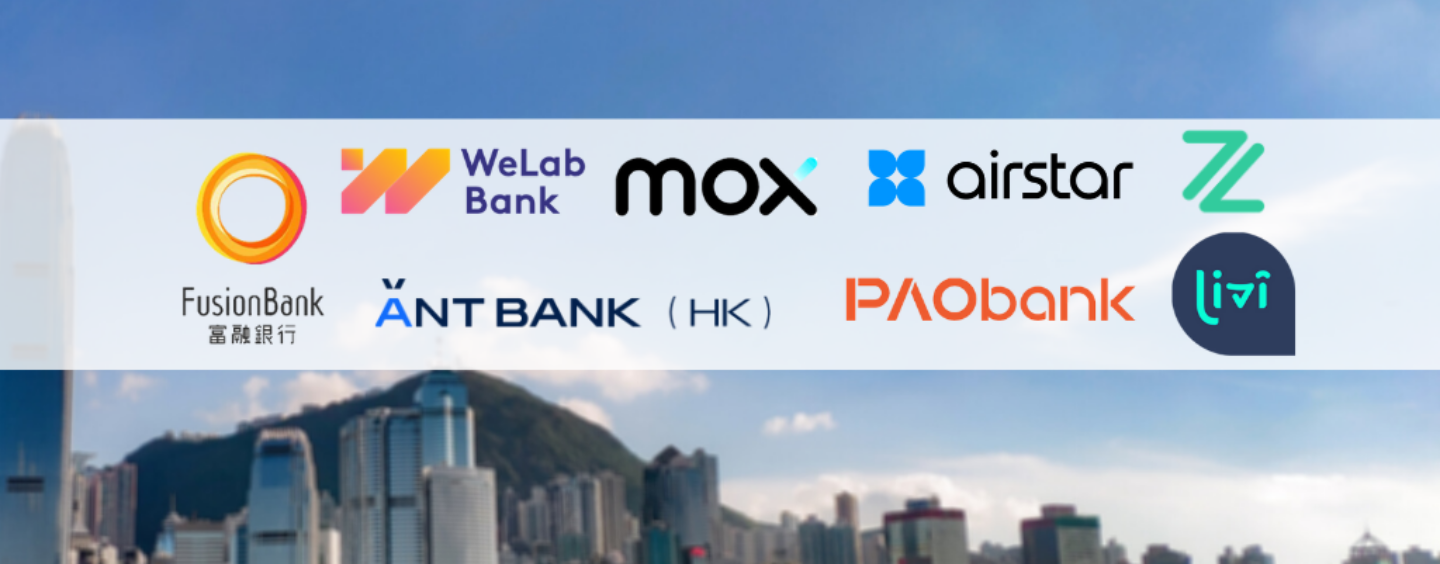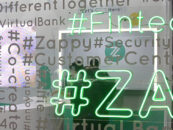The Hong Kong Monetary Authority (HKMA) granted eight virtual banking licenses in the first half of 2019, and at the time, the regulator and the operators expected services to commence within the next six to nine months.
Now more than a year later, just four out of the eight licensees have launched operation, and with COVID-19, the ensuing economic downturn, and Hong Kong’s social unrest, it is an open question whether the remaining virtual banks will even be able to open by the end of 2020.
According to Gary Ng, partner in the risk assurance practice of PwC Hong Kong, which reportedly helped some virtual banks to obtain licenses, one of the main difficulties to be addressed would be the technology safety risk, he told Caixin.
There have also been concerns over virtual banks’ potential impact on traditional banks, an issue the HKMA has dealt with by controlling the number of openings, two persons familiar with the preparation work told the media.
Talent is another hurdle that has delayed progress, with Hong Kong’s ongoing protests making potential candidates reluctant to relocate to the city.
Despite the challenging business climate, four virtual banks have nevertheless managed the launch operation. The others are either still in internal testing stage (Fusion Bank) or conducting pilot tests under the HKMA’s Fintech Supervisory Sandbox (Mox Bank, Ant Bank and Ping An OneConnect Bank).
Up and running virtual banks in Hong Kong
ZA Bank

ZA Bank, co-owned by mainland online insurer ZhongAn Online P&C Insurance and Sinolink Group, became the first virtual bank to launch in Hong Kong back in late-2019. For its trial, the virtual bank offered up to 6.8% three-month deposit of up to HK$100,000 for the first 2,000 clients.
Services initially offered include remote account opening, multicurrency savings account, time deposits, local transfers and e-statements.
Airstar Bank

Formed by Chinese tech giant Xiaomi and AMTD Group, a Hong Kong-based investment banking firm, Airstar was the second virtual bank to launch in Hong Kong, kickstarting its pilot program in March.
Like ZA Bank, Airstar onboarded 2,000 customers initially comprising friends and families of its staff to have a trial run on its services including savings account, time deposit and personal loan products. Airstar offered a 3.6% rate on savings up to HK$20,000 for new customers.
WeLab Bank

WeLab Bank, the offshoot of Hong Kong fintech company WeLab, became the third virtual bank to open for business in July after a three-month trial.
At launch, WeLab Bank offered a 4.5% annual rate on deposits from as little as HK$10, as well as a time-limited 8% rebate on customer spending. It is also offering a debit card for customers to withdraw cash from more than 2,000 ATM machines maintained by Jetco.
Within 10 days of launching WeLab Bank secured 10,000 applications.
Livi Bank

Backed by Bank of China Hong Kong and e-commerce giant JD.com, among others, Livi Bank became the fourth virtual bank to open for business in Hong Kong on August 12.
Livi Bank aims to differentiate itself from competitors by providing a great customer experience as well as convenient and fun digital payment features, including so-called “shake shake” rewards where customers simply have to shake their smartphones after payments with the UnionPay QR code to receive cash rewards.
Livi Bank is running an incentive program where new customers get HK$100. Customers can also refer their friends and relatives, and earn HK$100 for each successful referral.
Upcoming virtual banks in Hong Kong
Ant Bank

Ant Bank is a subsidiary of Alibaba affiliate Ant Financial. According to its website, the virtual bank aims to use cutting-edge technologies to “deliver efficient, convenient and diversified virtual banking services, as well as innovative banking products to the community.”
No further information on the virtual bank has been unveiled so far. According to Caixin, it is currently conducting pilot tests under the HKMA’s Fintech Supervisory Sandbox.
Fusion Bank

Fusion Bank is a joint venture between mainland tech giant Tencent, the Industrial and Commercial Bank of China, Hong Kong Exchanges and Clearing and other investors.
Fusion Bank says it aims to leverage advance technology and fintech innovation to promote financial inclusion in Hong Kong, providing customers and enterprises with a brand-new, efficient and secure virtual banking experience.
No further details have been shared so far. Fusion Bank has active social media pages, including Facebook, Instagram and LinkedIn. According to Caixin, it is currently conducting internal testing.
The only announcement made since securing their license until now is the change of name from Infinium to Fusion Bank.
Mox

Backed by Standard Chartered, in partnership with HKT, PCCW and Trip.com, Mox began trial in April, opening its services to selected external customers.
Mox offers features and products including account opening in just minutes, personal finance management, as well as an all-in-one numberless bank account. It claims to be the first virtual bank in Hong Kong to support Google Pay.
Ping An OneConnect Bank

Ping An OneConnect Bank, owned by China’s largest insurer by market capitalization Ping An Insurance, announced in June a pilot project for its virtual banking services under the HKMA’s Fintech Supervisory Sandbox.
For the trial, the bank said it will invite about 200 small and medium-sized enterprises (SMEs) and approximately 2,000 individual customers in Hong Kong to experience virtual banking services related to account opening, savings, funds transfers and lending.
If you’re interested to learn more about their progress so far, we are hosting a webinar where we speak to the C-levels of Hong Kong’s virtual banks to get a sense of their journey.
For more information and to register please visit this link









